The impact of choosing, or not, responsibly.
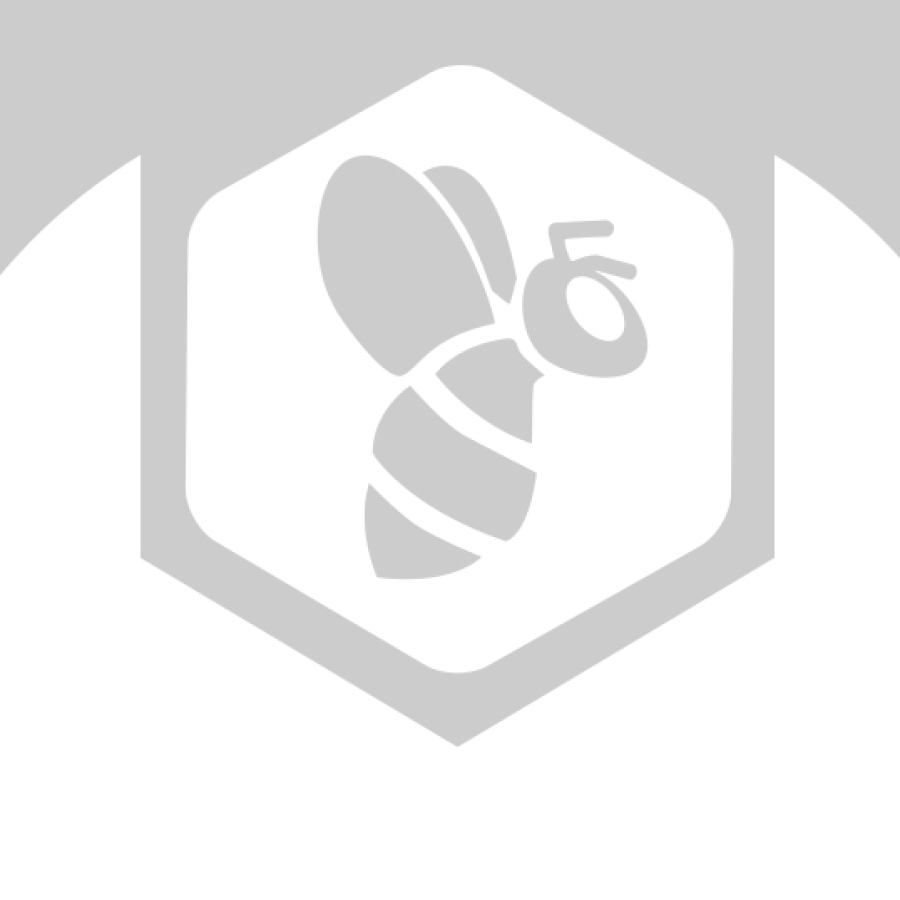
Photograph: Zak Noyle - A surfer riding through debris.
“If we long for our planet to be important, there is something we can do about it. We make our world significant by the courage of our questions and by the depth of our answers.” - Carl Sagan
I am fortunate to have met a man who has the courage to ask the important questions and offer the depth of his answers, who cares about our planet and the people in it enough to produce and provoke those questions and struggle with finding the answers. In his buzz, Embedded Choices, Ali Anani is not afraid to tackle, what I consider, the toughest question of them all; how do humans make choices?
One way Dr. Ali helps us as humans to learn about ourselves is by showing us how nature does things. In his buzz, Dr. Ali writes:
"Male bees waggle dance to attract the fit drone bees. The female bee shall watch the male bees dancing to select the fittest ones to mate with. It is her choice and whatever she chooses shall decide her chances of birthing healthy bees and change consequences. We aren't different for whatever choice we make shall improve or deteriorate our chances in life and change to the better or worse."
He goes on to add about the butterfly effect and that there “is always an embedded choice in what we choose and it is choosing between short-term results and long-term ones… We enjoy the present, but darken the future.”
And then he asks the important questions and gives a courageous answer:
“Why do we hope to have a healthy plant in the future when we pick a bad seed? The queen bee doesn't do it because she builds its choice on getting sperms from healthy drones. Are we sometimes less than bees in making choices? Sadly, my answer is yes.”
The discussion then spilled over into the comment boxes. I suggested that what is often challenging us is the number of choices we have available to us and, in our culture, it’s all consumer driven. And it is the mass consumers who possess the threat to our environment. And industry’s attitude is, as long as the public asks for it, we will produce it, regardless of the consequences. Why does the individual consumer make these irresponsible choices? Because of attitude.
Dr. Ali responded by saying that “it is true, but very sad” about the mass consumers being the threat to the environment. And the industry’s attitude of as long as the public asks for it, we will produce it, regardless of the consequences. He added: “There is an embedded paradox here...humans have many choices to choose from and so why go for the choice of least value? Is it the choice of least resistance to the consumer? Or, are our attitudes, as you mentioned, to blame?”
Coming up with an answer to this paradox challenge was not limited to research and the collection of data. It involved a lot of soul searching. How do we align the capabilities of humans to thrive and develop technology to better the world while, at the same time, be so short sighted and selfish as to not care about the consequences of our actions and in what state we leave the planet to the future generation?
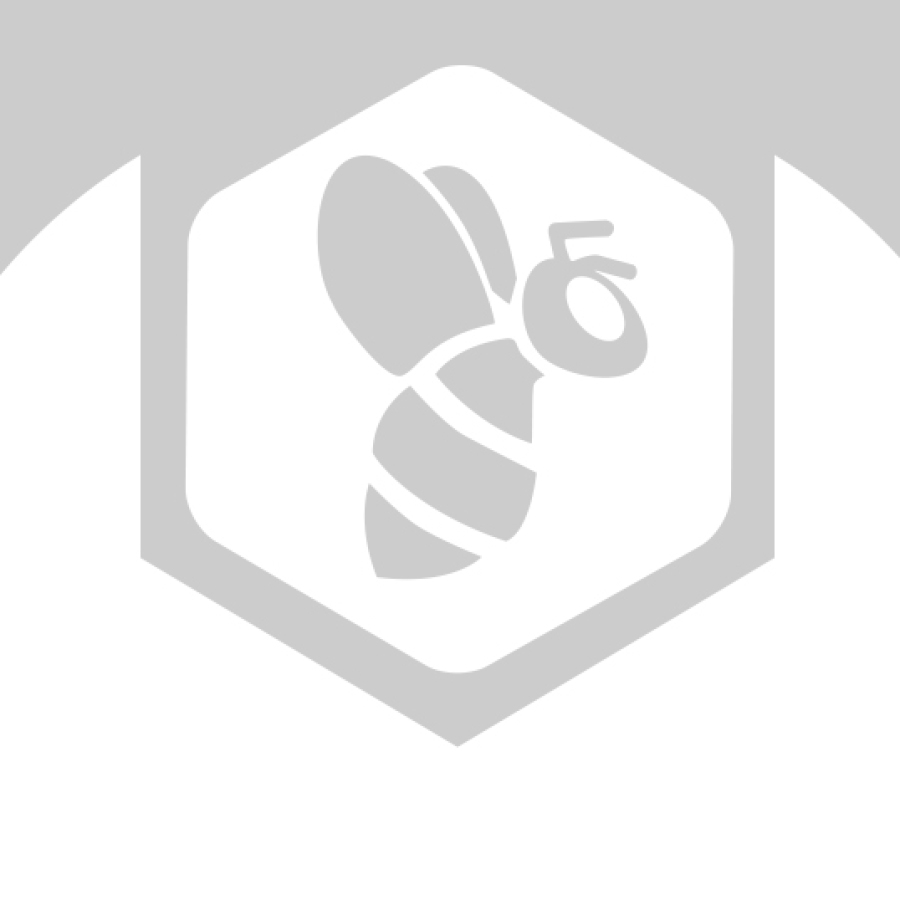
My answer is a psychological one:
The reason we can “bite the hand that feeds us” is a system for self-preservation gone wrong. Developmentally speaking, adolescence is a very risky stage for the human species. We laugh in the face of death. We push our limits to defy our mortality. It is part of our rite of passage; survival. But this passage can take a twisted turn when we engage in a “death wish”. When the developmental stage is not resolved, we carry over into our adult lives the “extreme sport syndrome”. We engage in life threatening activities beyond the norm. This a physical manifestation. Then there is the emotional/social manifestation; a combination of an earlier stage of development and the need for immediate gratification, combined with the, “what difference does it make when we’re all going to die anyway and we might as well enjoy it while we can” attitude. When all this is carried over into the world of profit, things become dangerous and ethics are pushed aside; quality of products, marketing questionable products and the cultural meanings attached to certain products, lead to destructive behaviors; not just of ourselves as individuals, such as engaging in smoking or poor diets, but of our environment, as reflected in behaviors that lead to destroying forests and polluting our air and water.
Hamlet’s, to be or not to be, represents humanity’s existential angst. We are self-reflective and struggle with the question why: why do we exist? This represents a sophisticated level of development but can be acted out in a very regressed manner.
There is hope, however, and that hope returns us full circle back to nature.
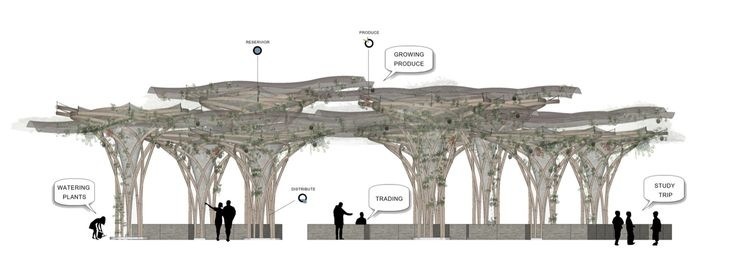
Biomimicry describes its philosophy in the following way:
"A sustainable world already exists.
Humans are clever, but without intending to, we have created massive sustainability problems for future generations. Fortunately, solutions to these global challenges are all around us.
Biomimicry is an approach to innovation that seeks sustainable solutions to human challenges by emulating nature’s time-tested patterns and strategies. The goal is to create products, processes, and policies—new ways of living—that are well-adapted to life on earth over the long haul.
The core idea is that nature has already solved many of the problems we are grappling with. Animals, plants, and microbes are the consummate engineers. After billions of years of research and development, failures are fossils, and what surrounds us is the secret to survival."
Humans have the capacity to create. It is a very humbling concept for us as creators that nothing we create is new. Everything that we create is made up of preexisting elements. That is why we have different words for different types of creating; forming transforming, molding, shaping, and so on.
Humans have the capacity to destroy. As in creating, we have to take responsibility in how we use this power and be aware of how we possess it.
Humans have the capacity to repair. When we take responsibility for our behaviors, we can then make the effort to repair any negative outcome resulting from our poor choices.
We have the ability to project into the future, and an ethical ability to be responsible humans. When bees (or other species in nature) choose the best seed, it is because they are hard wired for a particular function. They just do it. They don’t debate whether it’s the right thing or not or make a choice based on a subjective experience. Humans are also hard wired for self-preservation, but we transcend the purely physical and we have the capacity to make choices; in which is “embedded” responsibility.
"""
Articles from Sara Jacobovici
View blog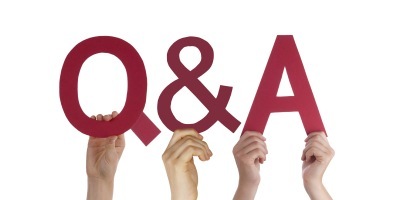
Image credit: steveoatesblog - WordPress.com · With Q&A@beBee, I ask some of the most interesting pe ...
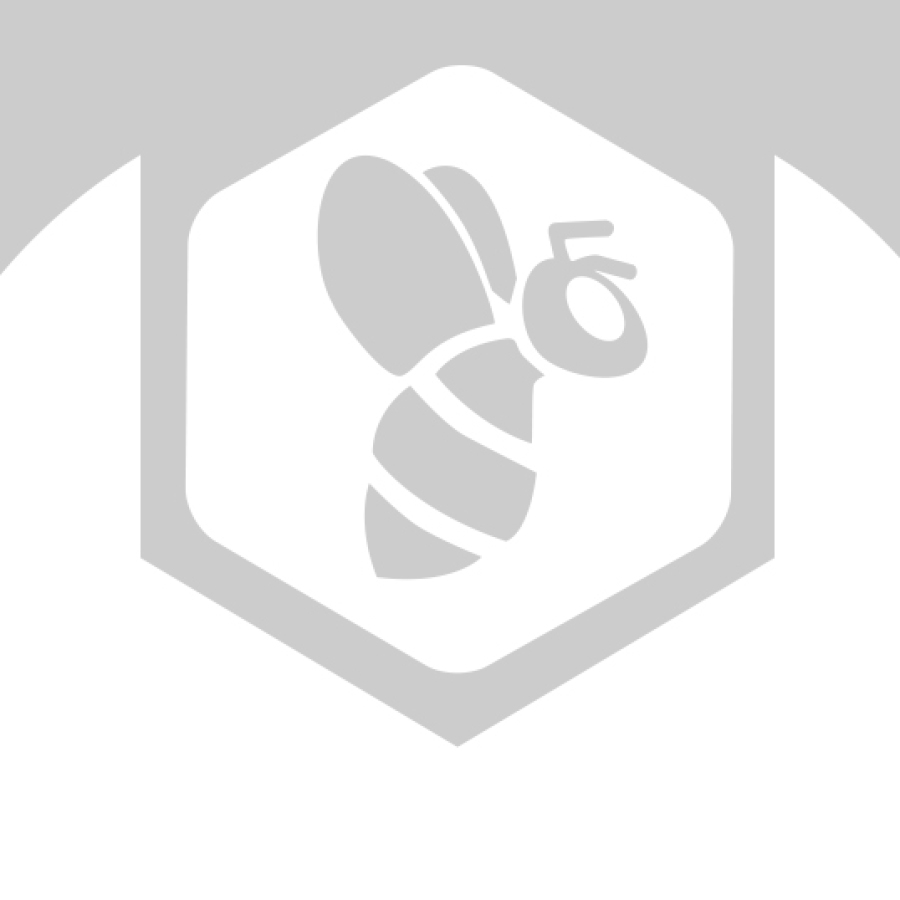
Image credit: steveoatesblog - WordPress.com · With Q&A@beBee, I ask some of the most interesting pe ...

I am sure you can relate to my experiences of being drawn into dynamic posts and discussions. It is ...
You may be interested in these jobs
-
עובד/ת אחזקה ליחידת עבודות חוץ במפעלי ים המלח
Found in: beBee S2 IL - 6 days ago
ICL Group Sdom, Israel· הצטרפו אלינו למשפחת ICL- הזדמנות להשתלב בחברה גלובלית ולהנות ממעטפת תנאים מפנקת · רווחה עשירה, ארוחות חמות, הסעות מאיזור הדרום ועוד שלל הטבות · הנפקת רישיון משיט על חשבון החברה · מה יהיו תחומי האחריות שלך · עבודות אחזקה בתשתיות של דוברות קציר בבריכות מפעלי ים המלח · עבודה בברי ...
-
מהנדס/ת אחזקה לאתר רותם מפעל פמ"א
Found in: beBee S2 IL - 1 day ago
ICL Group Dimona, Israel· תיאור היחידה / מחלקה · מחלקת הנדסת אחזקה נותנת שרות ותמיכה מקצועית במערך האחזקה - · טיפול ומתן פתרונות לתקלות חוזרות בציוד, תחזוקה מונעת וחזויה, בדיקות תקופתיות לציוד - · מה יהיו תחומי האחריות שלך · הנדסת מכונות, הנדסת ציוד, אחזקת מתקנים, שיפוץ יחידות ציוד בבית מלאכה, הרכבת צי ...
-

Principal Windows Threat
Found in: beBee S2 IL - 5 days ago
Palo Alto Networks Tel Aviv-Yafo, Israel Paid WorkOur Mission · At Palo Alto Networks everything starts and ends with our mission: · Being the cybersecurity partner of choice, protecting our digital way of life. · Our vision is a world where each day is safer and more secure than the one before. We are a company built on the fou ...
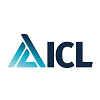
Comments
Sara Jacobovici
7 years ago #12
Great choice Lisa \ud83d\udc1d Gallagher! Thanks for your comment.
Sara Jacobovici
7 years ago #11
I believe so Joyce Bowen.
Sara Jacobovici
7 years ago #10
Sara Jacobovici
7 years ago #9
Thanks Cyndi wilkins. Always good to hear from you.
Sara Jacobovici
7 years ago #8
Sara Jacobovici
7 years ago #7
Agreed @Devesh Bhatt! Thanks for your comment.
Sara Jacobovici
7 years ago #6
Great knowledgable insight Deb \ud83d\udc1d Helfrich! Your comments are a wonderful contribution to the discussions. Thank you.
Sara Jacobovici
7 years ago #5
Thank you John White, MBA. Your ongoing support, and that of the beBee team, is much appreciated!
Sara Jacobovici
7 years ago #4
I am humbled by your comment Mohammed Sultan. Your comment encourages me. Thank you.
Sara Jacobovici
7 years ago #3
Thank you Harvey Lloyd for "mapping" out the process. What makes it interestingly complicated is that as simple and predictable as we can be, we do have options and so we can follow different paths or take different turns from the paths we are on. Thank you for your contribution. Always good to hear your perspective.
Sara Jacobovici
7 years ago #2
You've made an interesting distinction between self-preservation and survival Pascal Derrien. We survive and we attempt to preserve that state. The quality of that state is what makes us an interesting species. You also make an interesting modification to repeated patterns; you say that each time we repeat, we push the boundaries a bit further, in this way there is an extension or expansion of the pattern or process. Again, aren't we an interesting bunch? Not only do we not continue with the repair with the potential to heal, we test the limits of the repair until, as you say, we've crossed the line and then there's no turning back. I think it's a reflection of some of us wanting to "beat" the odds and survive in spite of our self-destructive versus self-preserving nature.
Sara Jacobovici
7 years ago #1